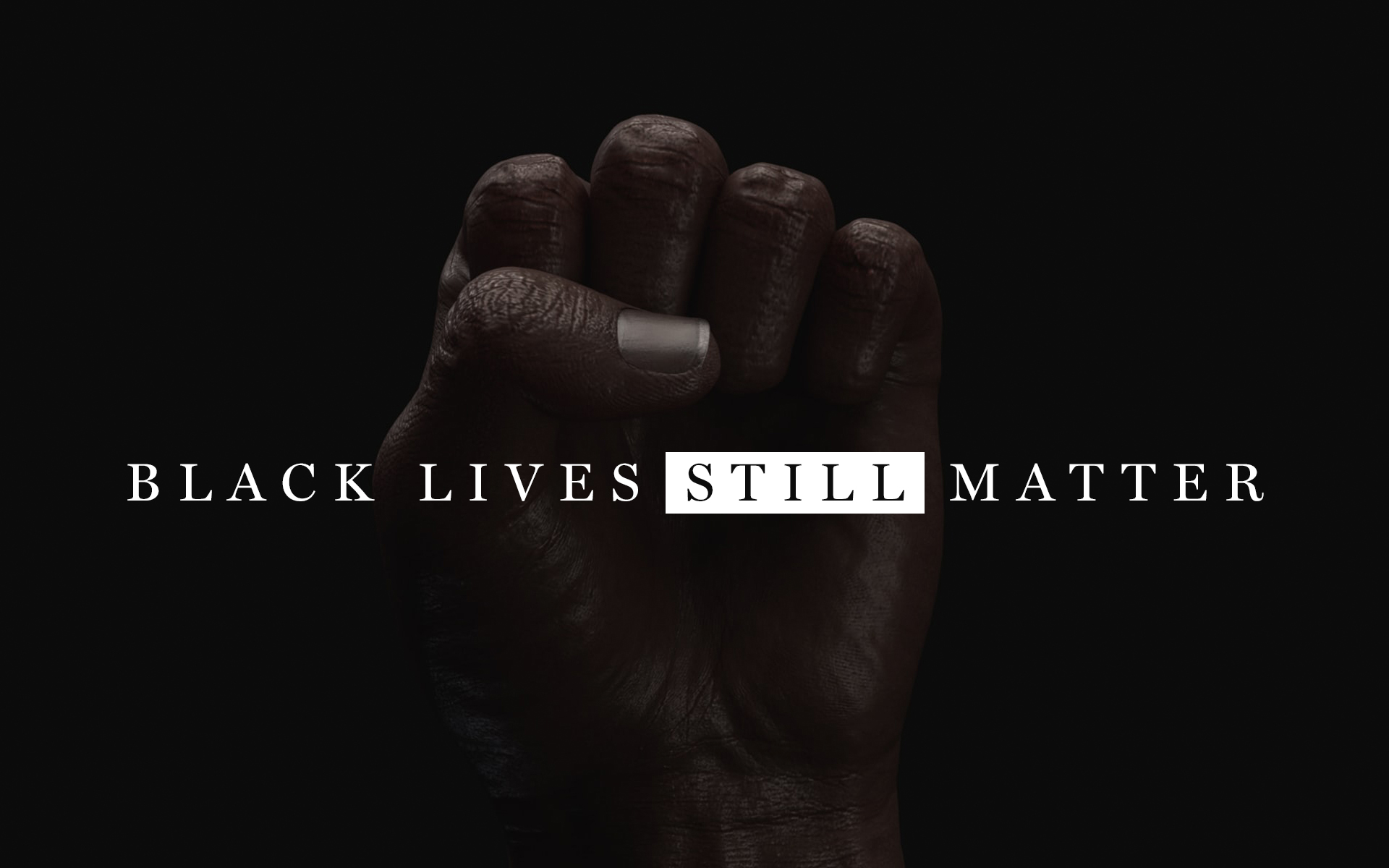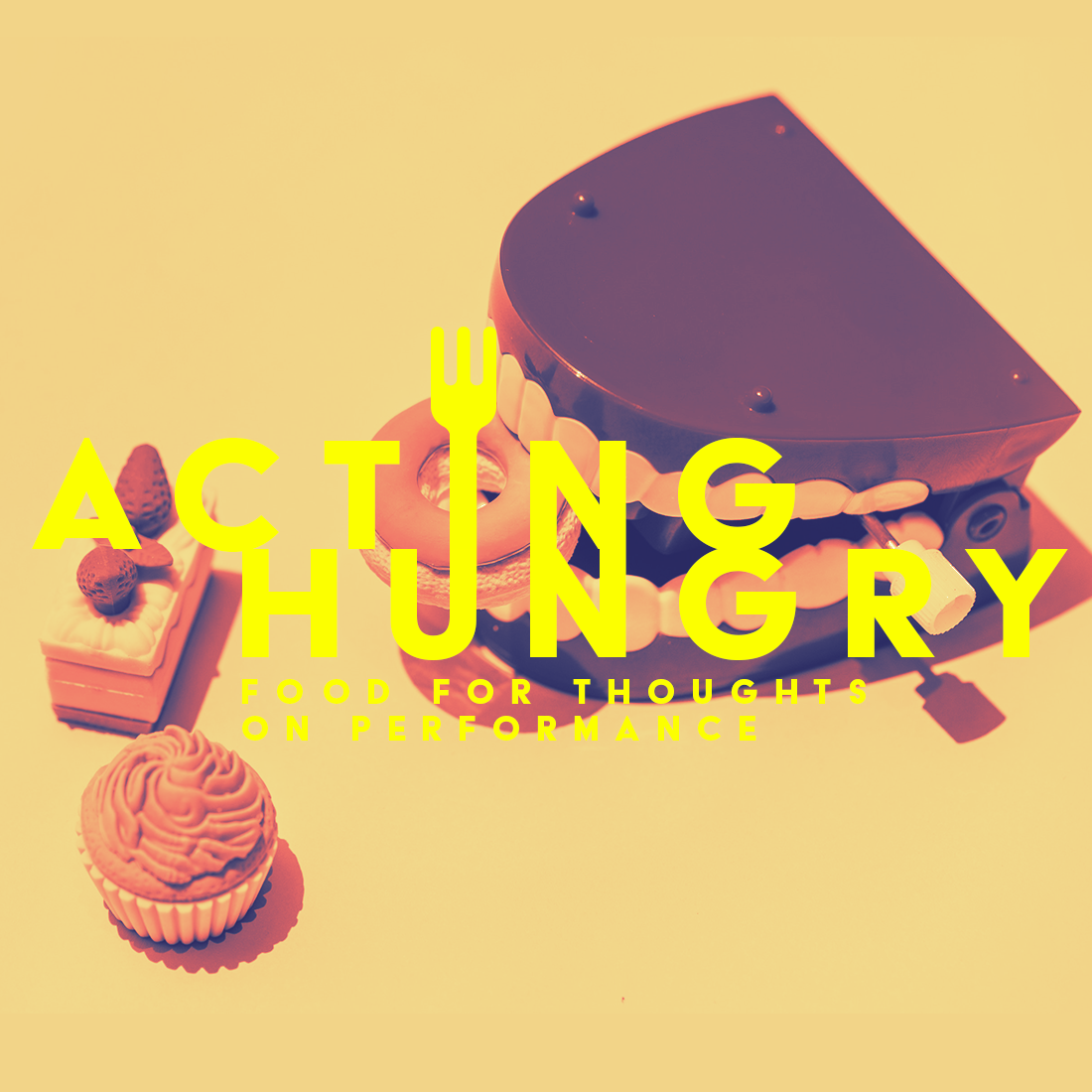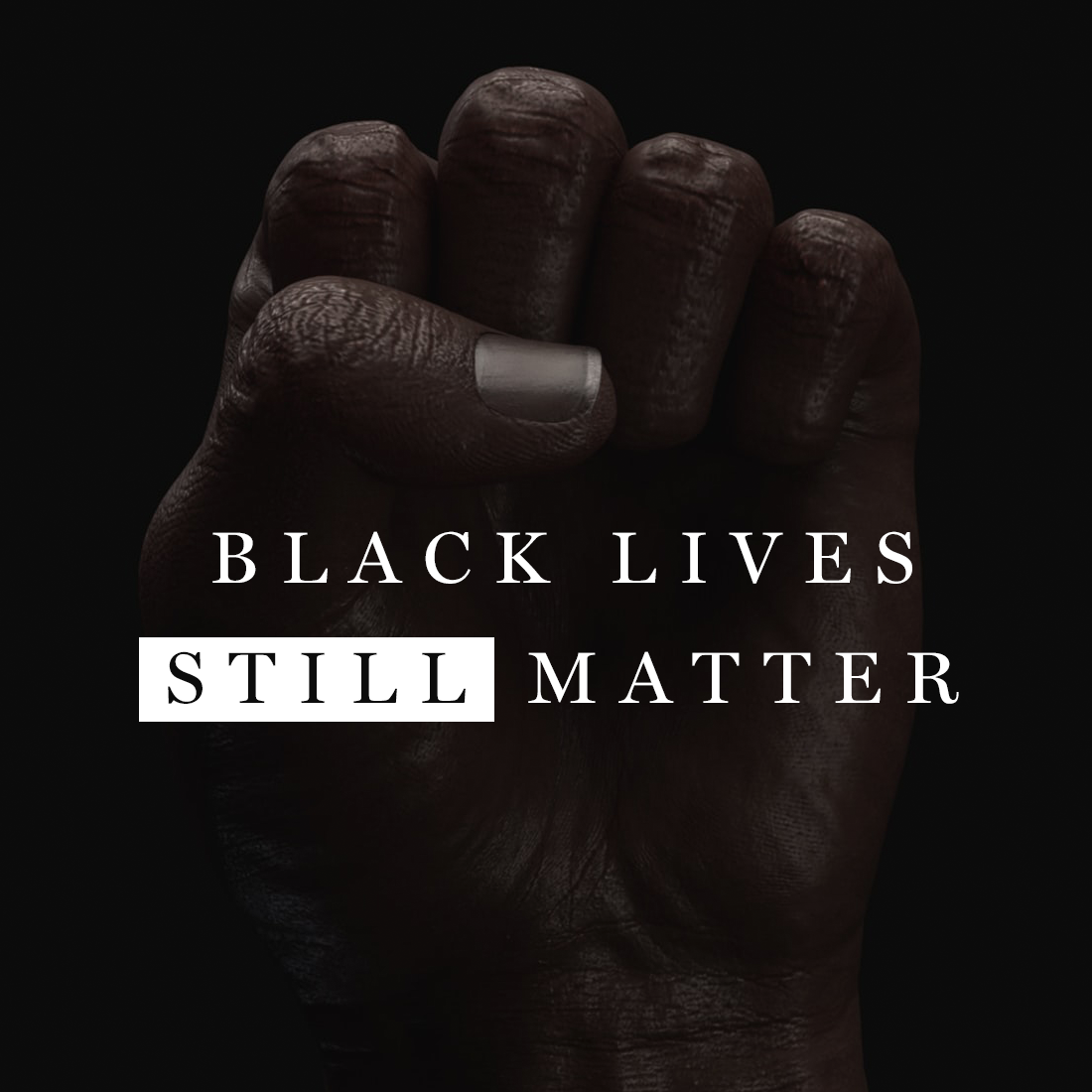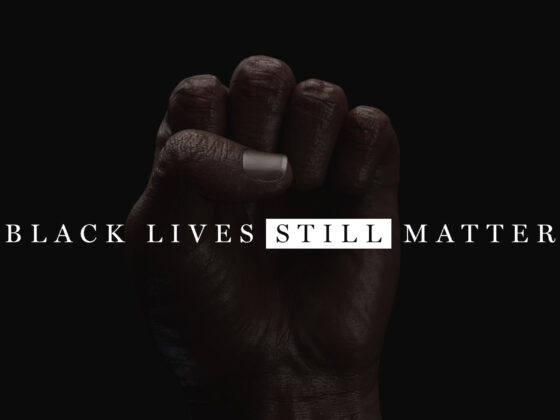claire whitmer
I am writing to white people.
The following comes from Ta-Nehisi Coates‘, The Case for Reparations:
America begins in black plunder and white democracy, two features that are not contradictory but complementary.
…Here we find the roots of American wealth and democracy… By erecting a slave society, America created the foundation for its great experiment in democracy.
…America’s indispensable working class existed as property beyond the realm of politics, leaving white Americans free to trumpet their love of freedom and democratic values.
The safety that our democratized lives has offered us has largely been a white safety. The prosperity that our democratized lives has offered us has largely been a white prosperity. The coherence and order of our democratized lives has been a coherence and order that has largely been offered to white lives.
And the safety, prosperity and order to which we credit the institution of democracy, has been built on the opposite for black people — plunder, dispossession, violence, chaos and unrelenting instability.
I don’t say this to undermine the value of democracy or to minimize the necessity of defending it in the face of terror and authoritarianism. I don’t say this to steal the sigh of relief that this transition of power has rightfully and blessedly brought to our bodies. What a great, great relief.
I say this to keep us awake; to keep us appropriately unsettled.
It would be easy for us to let the outcome of the election put us back to sleep, to have us believe that the country has been rescued from white supremacy. But the truth is that democracy, too, has been built upon white supremacy.
“Black plunder and white democracy.”
The exploitation of black people, of their labor, of their familial bonds, of their brilliance and of their bodies has always existed, as Ta-Nehisi Coates says, “beyond the realm of politics.” It has existed in the soil, in our relations, in our white psyches and in the dreams of the very people who built this country (as we know it).
The unjustifiable precarity of black life in this country is a seminal and enduring condition upon which our legacies rest and our lives are built. This was true in 1619 and it is true today. This truth is not conditional on who is president.
If you are white and you have been roused into wakefulness over the last four years, I beg you to stay awake. What we have been shaken into seeing through the terror of this administration was always and already there.
Racism and white supremacy will be there tomorrow. Will be there in January. Will be there as our white liberal lives are restored to their natural order.
May we not let this moment in the history of democracy be a sedative to our keen knowledge that black life is still precarious and unprotected.
May we harness the awakening that white people have experienced these last years and move forward like we can be trusted with what we have learned; like we have long-term memory and long-lasting stamina; like we know better and care more and understand collective liberation enough to not return to complacency and comfort.
May we continue to do our own work, to organize other white people, and to gather the force that would allow us to insist on a kind of democracy that is truly accountable to the ALIVENESS and wholeness of people of color.
And may we take this moment to honor all that has been stolen — of time, family, energy, spirit and life force — in order for us to live in the land of the so-called free, and experience the promises of prosperity which have yet to be delivered to all of us.
in relief and rigor.
claire
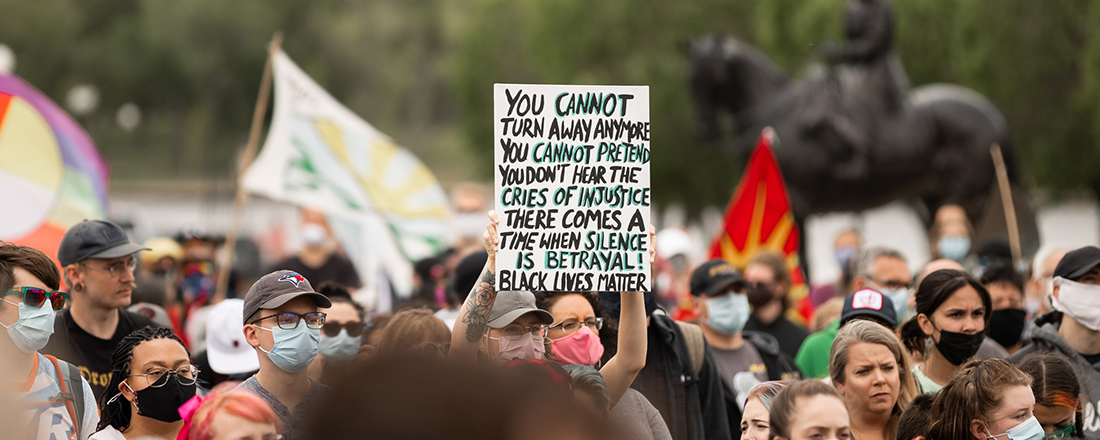
Author’s Note:
STRONGHOLD works at the intersection of racial justice and restorative justice. STRONGHOLD was founded by Karena H. Montag, MFT, and Claire Whitmer. This multiracial co-directorship formed out of many years of partnership doing prison-based restorative justice work. STRONGHOLD believes in restorative justice as a model that can repair harm at the individual, community, and systemic levels. We understand racial justice as a process of healing legacies of harm. As such, our work uplifts restorative practices, which are designed to restore people to wholeness through the process of reckoning with, taking accountability for, and transforming conditions of harm. In all of our processes, we move at the speed of trust, understanding that healing and transformation happen gradually, over time, and with regular, ongoing practice.

